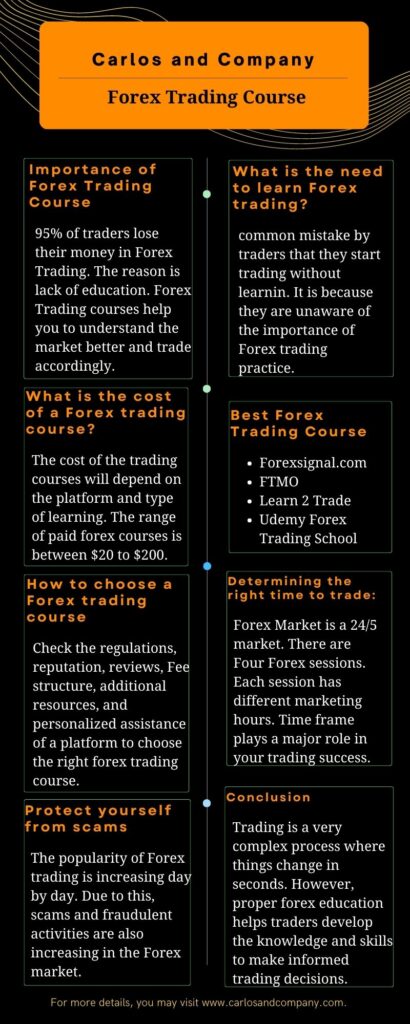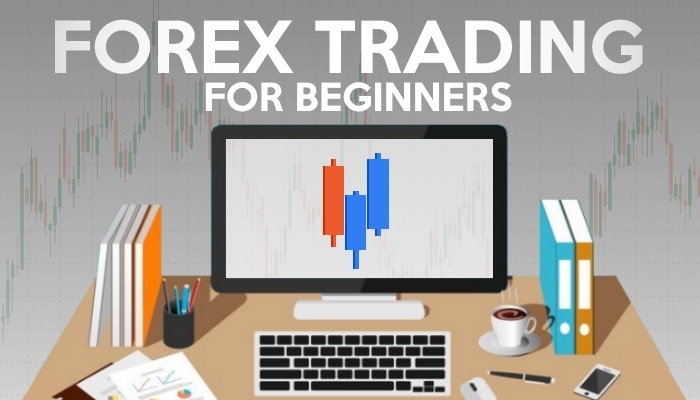Recognizing the Basics of Money Exchange in Today's Global Market
In an increasingly interconnected international economy, grasping the fundamentals of currency exchange is crucial for stakeholders throughout different markets. As central financial institutions exert influence and technological improvements reshape currency trading, the implications for worldwide business are far-ranging.
The Basics of Money Exchange
Currency exchange is a fundamental element of the international economic climate, facilitating international trade and investment. It entails the conversion of one currency into one more and is crucial for organizations, federal governments, and people that engage in cross-border transactions. The money exchange procedure happens in the foreign exchange market (Foreign exchange), which is the biggest and most fluid financial market on the planet, operating 24-hour a day, five days a week.
At its core, currency exchange is driven by supply and need dynamics. Currencies are sold pairs, such as EUR/USD or GBP/JPY, and the currency exchange rate between them shows just how much one currency is worth in regards to one more. This rate varies constantly as a result of trade circulations, funding motions, and other market tasks.
Participants in the Foreign exchange market range from big monetary organizations and multinational companies to private investors and tourists. Each participant might have various objectives, such as hedging against currency exchange rate danger, guessing on currency motions, or assisting in global acquisitions. Comprehending the fundamentals of money exchange is essential for making notified choices in the worldwide market, as currency exchange rate can substantially impact the cost of goods and services, financial investment returns, and economic security.
Factors Influencing Exchange Rates
Higher interest prices offer lending institutions much better returns relative to other nations, bring in even more international capital and triggering the currency to appreciate. Conversely, rising cost of living rates play an essential function; currencies in nations with reduced inflation rates have a tendency to value as buying power boosts family member to higher-inflation economic climates.
Financial growth and security additionally dramatically influence exchange rates. A durable economic climate brings in international investment, increasing demand for the residential money, which causes gratitude. In addition, trade balances affect currency value. A nation with a considerable profession surplus typically sees its currency appreciate because of boosted international demand for its items and services, while a profession shortage can compromise the money.
Political security and economic performance are important as well; nations viewed as low-risk destinations for investment tend to see their money value. forex trading course. Market speculation can also drive currency exchange rate fluctuations, as investors prepare for future activities based on present financial indicators and geopolitical events. These variables jointly add to the vibrant nature of currency exchange rate in the international market
The Function of Reserve Bank

Central financial institutions additionally take part in fx treatments to correct too much volatility or imbalances in exchange rates. These interventions could include purchasing or selling foreign money to maintain a wanted exchange price degree. In addition, reserve banks hold considerable forex books, which can be released strategically to support their currency.

Modern Technology and Currency Trading
While reserve banks shape the overarching landscape of currency exchange, technical advancements have actually transformed the auto mechanics of money trading itself. The expansion of digital systems has equalized accessibility to forex markets, enabling individual traders to take part together with institutional financiers. On the internet trading systems, furnished with real-time information and analytical tools, promote informed decision-making and have added to increased market liquidity.
Algorithmic trading, powered by advanced software, has changed the speed and performance check my site of currency trading. Algorithms carry out trades based upon predefined criteria, reducing human intervention and decreasing the moment called for to take advantage of market motions. This automation improves precision in trade execution and aids in the monitoring of complex trading strategies. In addition, the increase of expert system and equipment understanding algorithms provides predictive analytics, allowing traders to expect market fads with higher precision.
Cryptocurrencies, underpinned by blockchain, have presented a brand-new measurement to currency trading, motivating market individuals to adapt to a progressing monetary community. As innovation continues to progress, its influence on currency trading will likely grow, shaping future market characteristics - forex trading course.
Influence On Global Trade
In the interconnected landscape of worldwide profession, money exchange plays a critical role fit financial partnerships between countries. Exchange prices affect the cost of exporting products and services, influencing affordable placing in international markets. A solid money can make a country's exports much more pricey and less attractive on the international stage, possibly decreasing market share. On the other hand, a weak currency can enhance export competition yet might increase the expense of importing necessary goods, influencing trade balance.
Currency fluctuations can also bring about economic uncertainties, complicating lasting planning for international firms. Organizations typically hedge versus these risks with economic instruments to maintain expenses and earnings. Exchange prices influence international straight investment (FDI) choices, as capitalists seek favorable conditions to take full advantage of returns, influencing original site resources streams across borders.
Furthermore, governments strive to maintain secure exchange rates to foster predictable trading problems, often intervening in fx markets to attain economic objectives. Central banks might adjust passion rates or carry out financial policies to affect money toughness, consequently impacting trade characteristics.
Conclusion
A comprehensive grip of currency exchange principles is vital for browsing the complexities of the international market. Exchange prices, formed by interest rates, rising cost of living, and financial development, are essential in establishing currency appraisals.